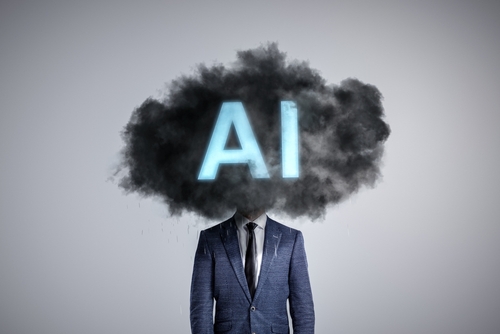As artificial intelligence (AI) continues to evolve, its potential to perform tasks typically done by humans grows exponentially. From automating routine tasks to analyzing complex data, AI’s capabilities are reshaping the workforce. However, even as AI improves, there are certain jobs it may not take for the foreseeable future, where the human touch remains irreplaceable.
AI and Financial Advising
Consider financial advisors, for example. As highlighted in a Fortune article, wealth management is deeply personal, and AI cannot replicate the nuanced understanding and trust that human advisors build with their clients. Bob Rubin, in his commentary, emphasizes that while AI can process vast amounts of financial data, it cannot replace the personal rapport and empathy that human advisors offer. This personal connection is crucial in navigating sensitive financial discussions and tailoring advice to individual needs.
Another role requiring distinctly human traits that AI, in its current form, has been unable to replicate, is nursing.
AI and Nursing
As discussed in a BBC Worklife article, nursing involves a deep understanding of people and the ability to build relationships, something AI currently cannot replicate. The unpredictable nature of healthcare, requiring real-time decision-making and emotional support, remains a uniquely human domain.
AI and Creative Roles
Creative roles, particularly those requiring original thought and innovation, also stand out as areas where AI falls short. While AI can analyze and replicate patterns, it lacks the innate human ability to think abstractly and create something truly original. This includes fields like scientific research, where innovative thinking and hypothesis-driven exploration are key.
AI and Complex Human Interactions
Lastly, jobs involving complex human interactions, such as business consultants and investigative journalists, require a level of understanding and empathy currently beyond AI’s reach. These professions rely on building trust, interpreting nuanced communication, and adapting to constantly changing scenarios.
While AI’s capabilities are impressive and growing, there remains a distinct space for jobs that require the depth of human understanding, empathy, creativity, and adaptability. As we navigate this evolving landscape, the value of the human touch in certain professions remains not only relevant but essential.
Lin Grensing-Pophal is a Contributing Editor at HR Daily Advisor.

